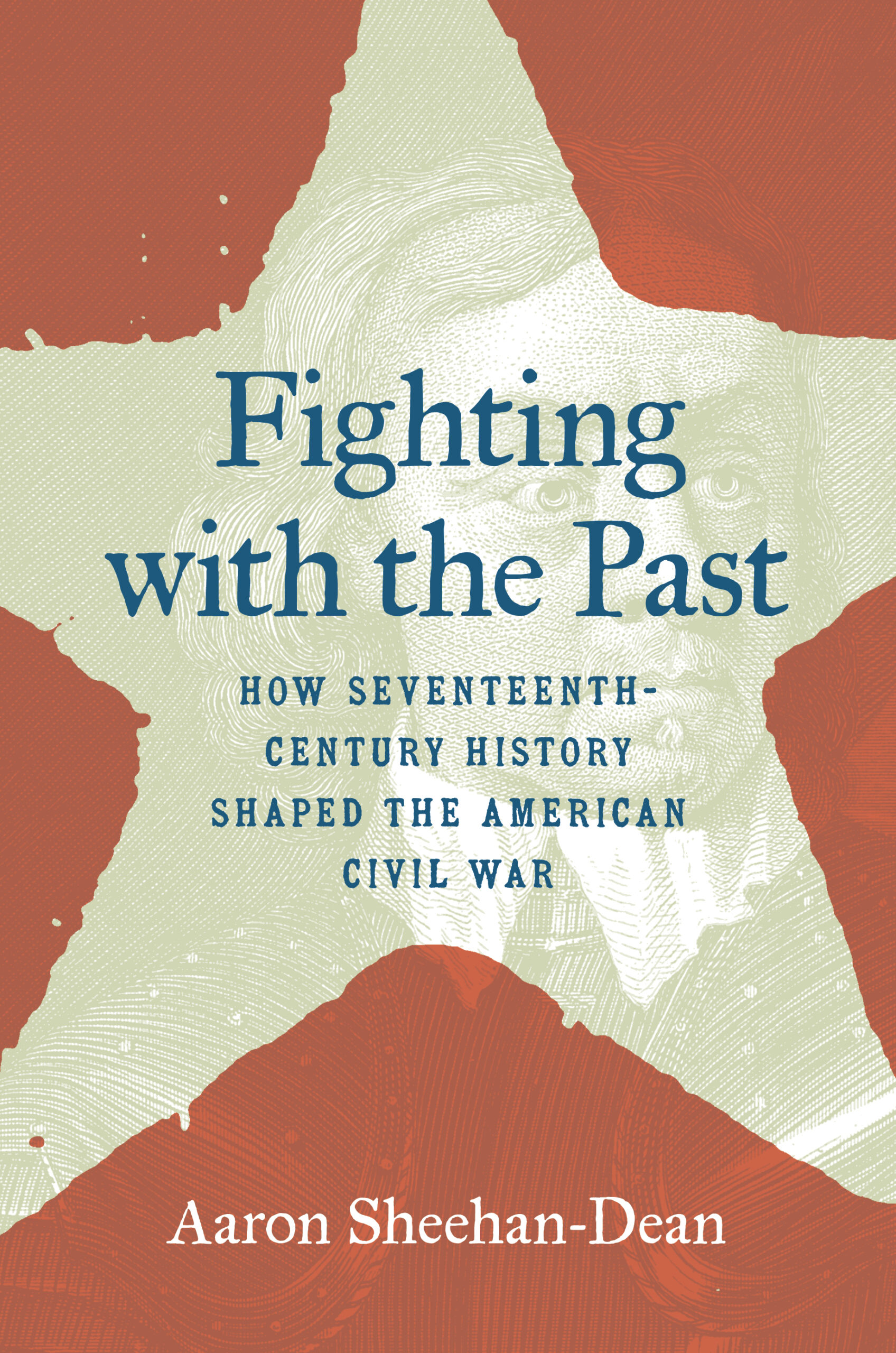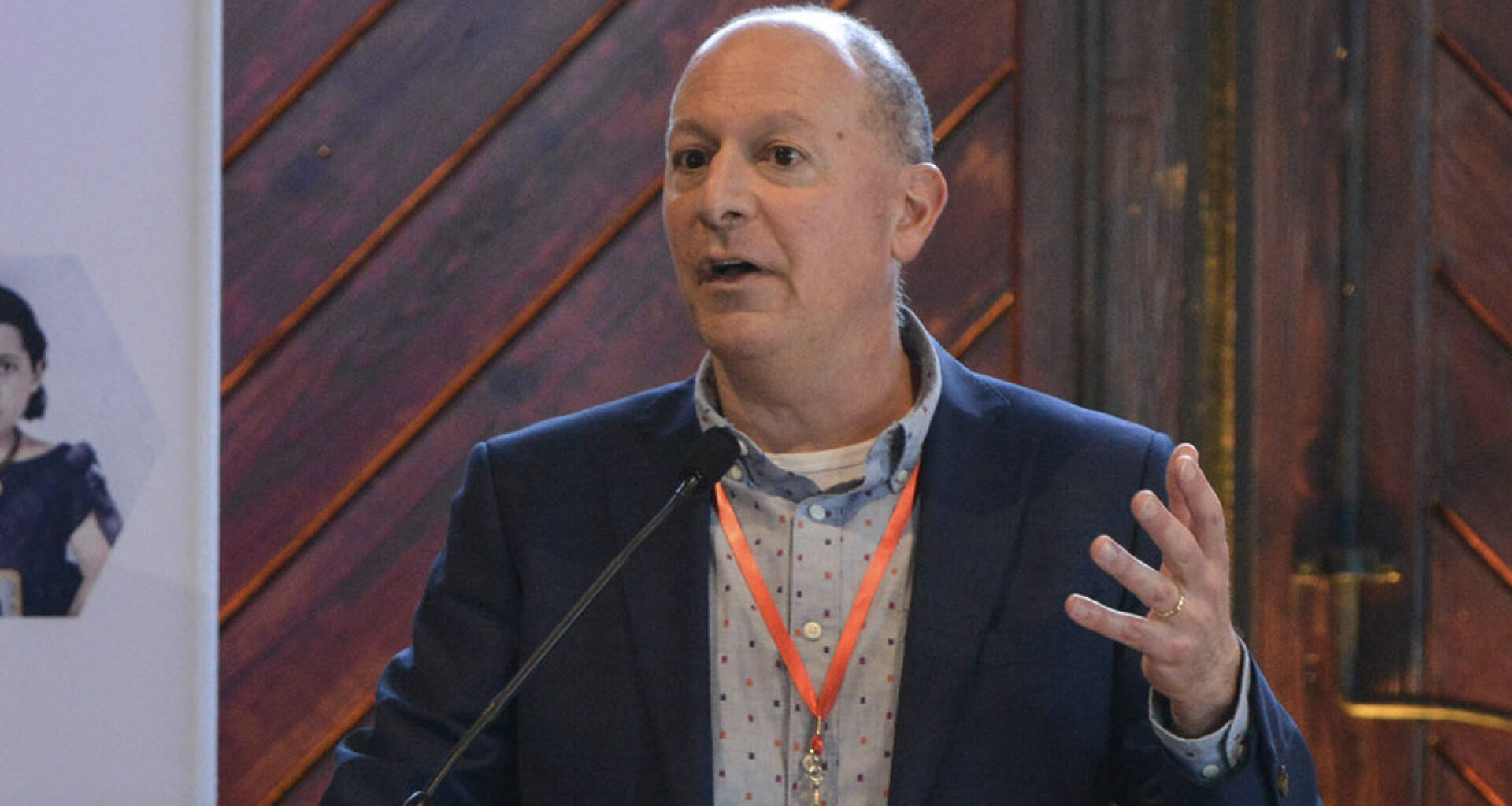American novelist Pearl Buck said, “If you want to understand today, you have to search yesterday.”
Although Buck wasn’t born until the end of the 19th century, Civil War-era Americans did use the past to understand and deal with the turbulence of their own time. That’s the subject of Dr. Aaron Sheehan-Dean’s upcoming book, “Fighting with the Past: How Seventeenth Century History Shaped the American Civil War” and his talk, “What the Irish Taught Civil War Americans” on Sept. 24 at the American Civil War Museum.
Sheehan-Dean had written a previous book exploring how Civil War Americans compared their conflict to others like it around the world. In the process, he noticed that a lot of people used the English Civil Wars as their way to understand what was happening in the U.S.
“I didn’t expect the wide and deep awareness of English history that Americans of all stations manifested,” he says. “They didn’t study the history that academics do today, but they knew the stories and characters. So, it was part of the language they had available to make sense of their own conflict.”
To research the book, he spent a lot of time reading Civil War-era newspapers and the speeches of major figures — Lincoln, Jefferson Davis, Charles Sumner — and other leading abolitionists. “The more I looked, the more surprised I was to find how many people used English history as a way to think about their own situation,” he says.

And while it might seem inevitable that the North and South interpreted the past differently, Sheehan-Dean’s book addresses a larger view. “The difference between Northern and Southern readings of the past reminds us that history has always been contested, even political,” he says. “On the other hand, the past was not infinitely malleable, and the most interesting points were where people really had to reckon with a past that they didn’t like.”
For one thing, not all Northerners were united in how they interpreted English history. Northern conservatives portrayed Lincoln as a tyrant in the mold of English Lord Protector Oliver Cromwell, while radical abolitionists drew inspiration from Cromwell and sought to rebuild the South as Cromwell had attempted with Ireland. “One of things I was shocked by was how vigorously Northerners disagreed with one another,” he says. “Today, I think we don’t appreciate how much those differences shaped the war’s outcomes.”
Meanwhile, Confederates likened themselves to England’s Royalists who were also known as Cavaliers, hoping to preserve a social order built on hierarchy and claiming the right to resist what they perceived as radicals’ assaults on tradition.
In many ways, knowing that England had experienced civil wars allowed many 19th century Americans to view them as a precedent for what was unfolding in their own time. Some people felt reassured knowing that the English had persevered through a similar domestic conflict 200 years earlier, while others took it as a danger signal, knowing how difficult and unpredictable that period had been for the English.
As a historian, Sheehan-Dean’s primary goal in writing the book had been to fully understand how 19th century citizens thought about history and the past. “Doing so changed the way I think about the past,” he says. “It helped me become, I hope, a more thoughtful historian.”
Asked about parallels today to how Americans look at history, Sheehan-Dean is quick to acknowledge that we certainly argue about the past just as much as people did in the 19th century.
“I hope that even if we continue to disagree, the practice of thinking about history might slow us down a little,” he says. “A big part of this story is the triumph of the moderates. That’s not a conclusion I was expecting, but perhaps something that people might appreciate today.”
“What the Irish Taught Civil War Americans,” book talk with Dr. Aaron Sheehan-Dean, September 24, 6 p.m. at the American Civil War Museum, 490 Tredegar Street. Tickets

